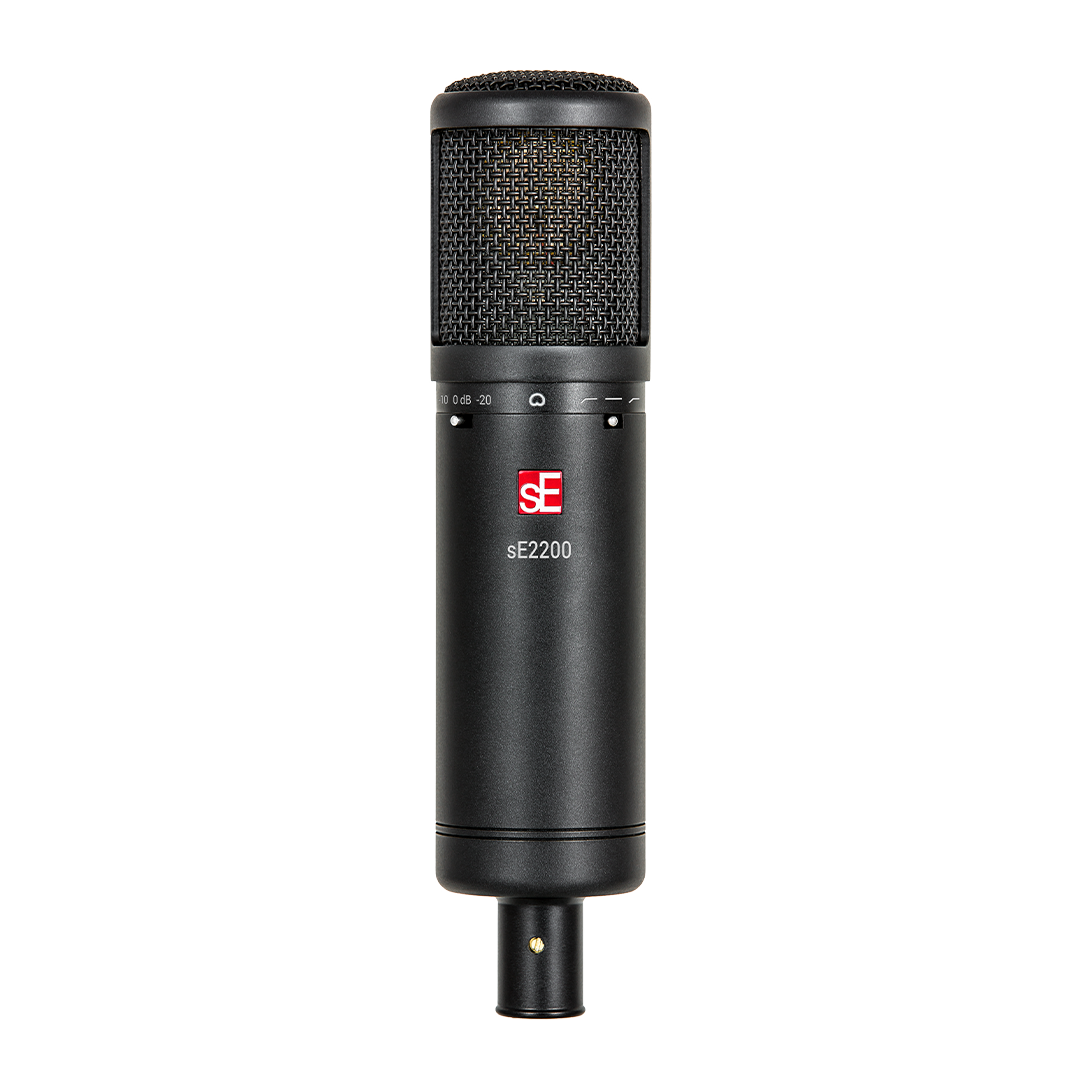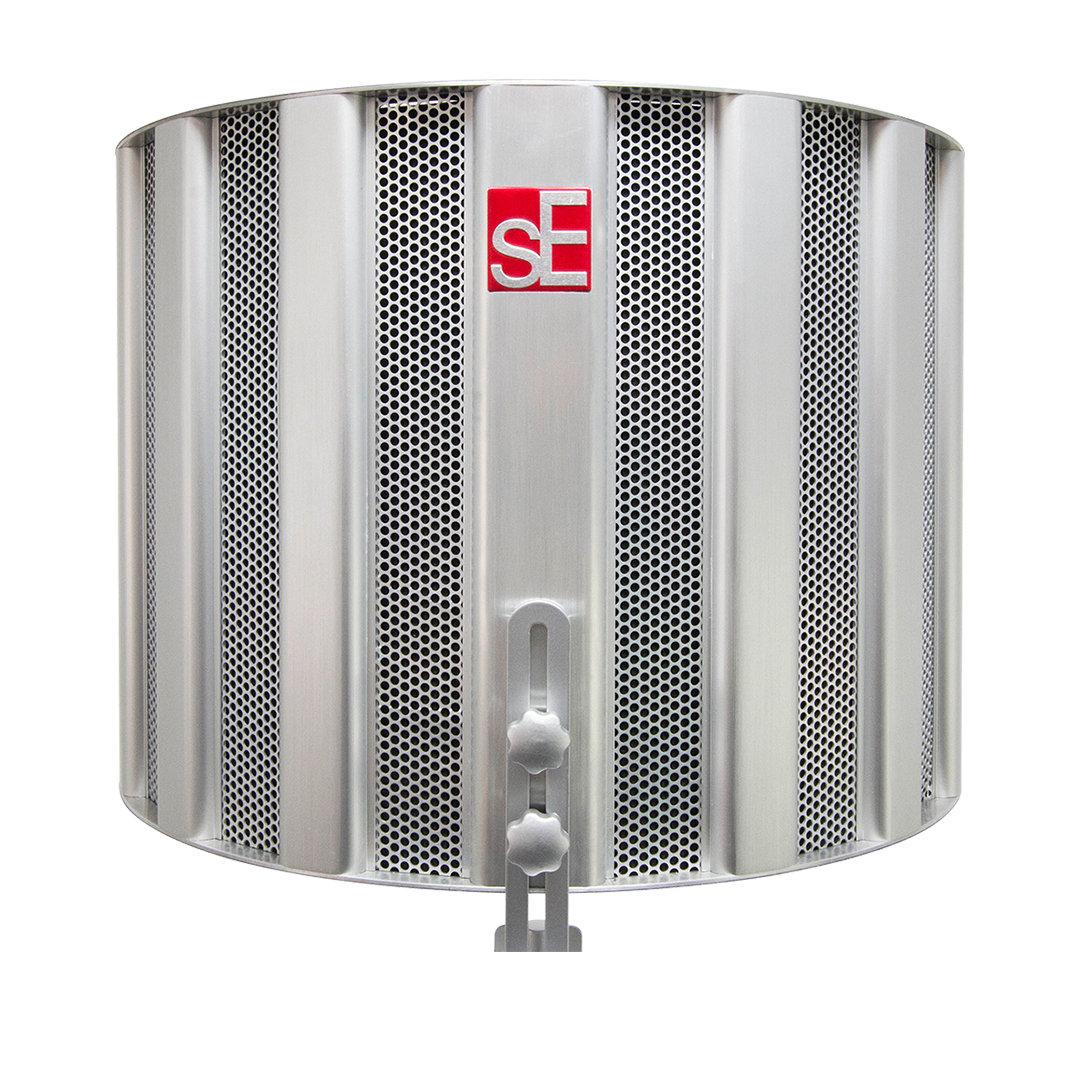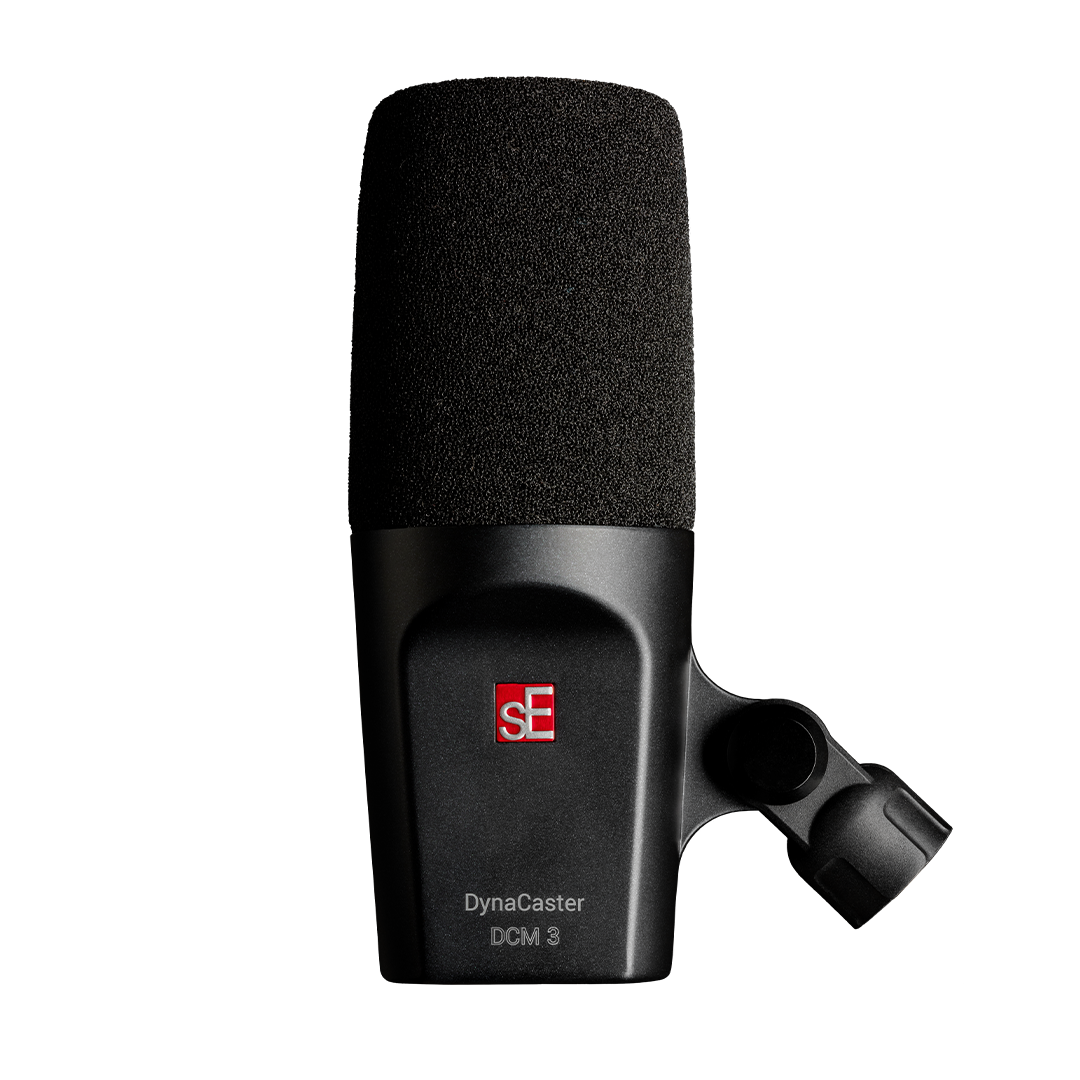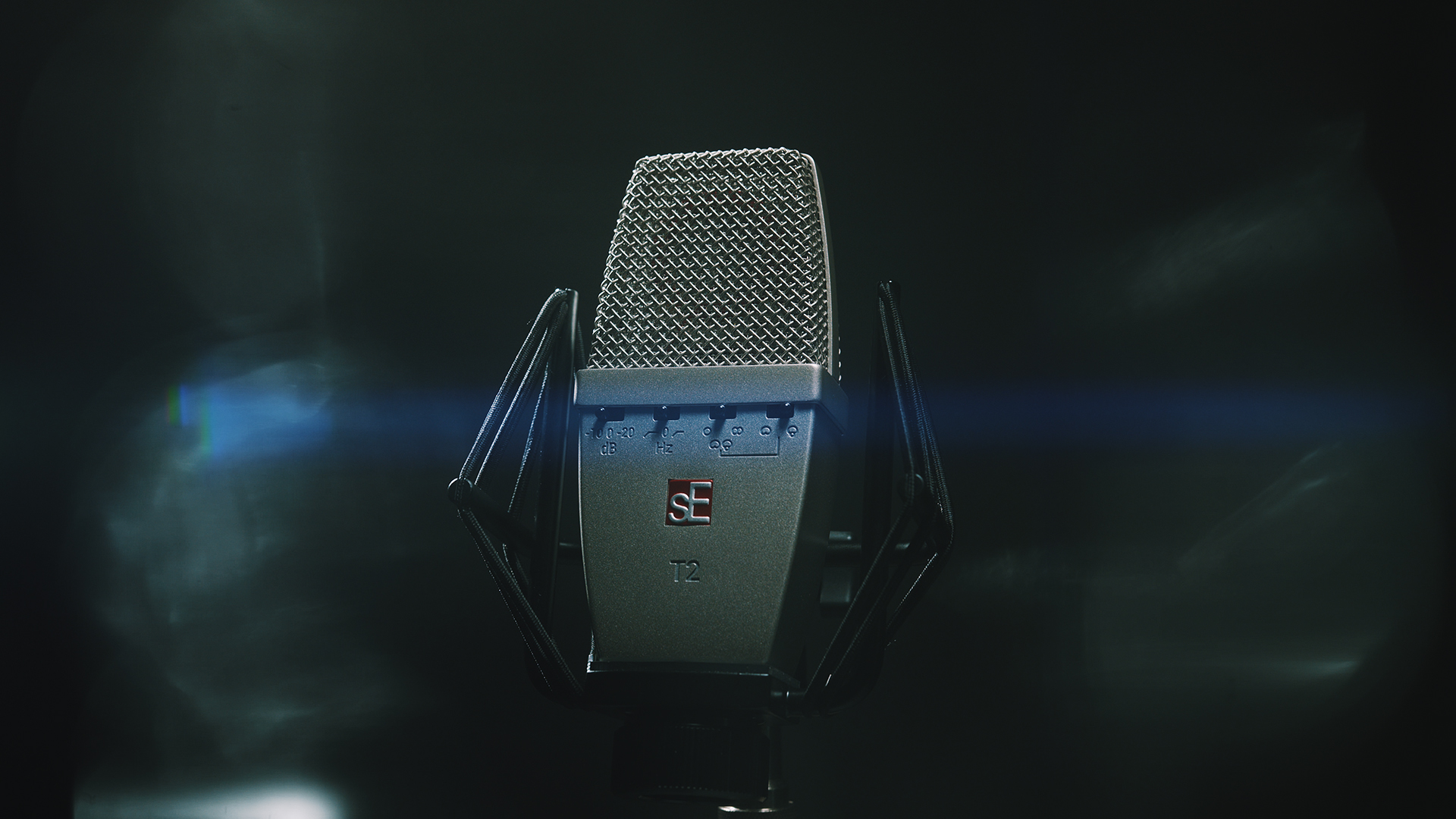Podcasting Essentials: The Only Equipment Guide You’ll Ever Need
Podcasting in 2024
The podcast landscape is bigger, bolder, and more accessible than ever before. It’s so big, in fact, that Statista confirms that over 464 million listeners tune into their favorite hosts every day worldwide.
Hosting a podcast is a great way to connect with a larger audience through storytelling, education, music, and all kinds of conversation around interesting topics from across the globe. Reaching listeners and engaging with audiences via audio content has never been easier.
But in order to host a successful podcast and compete with the other 4.25 million audio shows on the internet, high quality equipment is crucial.
So, what podcast equipment is necessary for running and hosting a thriving podcast? Here, we’ll list all the podcasting essentials you’ll need to set yourself up professionally and offer insights about why they are so important for piloting a stellar podcast.
Microphone
Before anything else, you’re going to need a device that captures your voice in the most clean and crisp manner possible.
The contemporary consumer’s sound standards are much higher now than those of previous generations, which means prioritizing a high quality microphone is critical for competing with other shows and consistently meeting listener’s needs. There are two mic options to consider:
Dynamic microphones
Dynamic mics offer strong sound rejection capabilities and are less sensitive to background noise. This makes them ideal for home set-ups or other less soundproof environments.
Condenser microphones
Condenser mics are more sensitive than dynamic mics and are able to capture a much wider range of sound frequencies. If you have access to a proper studio or soundproofed environment, condensers will deliver a higher level of audio quality and detail.
A microphone is arguably the most important piece of equipment for any podcaster to have, so when you buy one, get the best quality one you can and let it serve you well for years to come.
Pop Filter
The clarity and pronunciation of your audio during a podcast recording should be tailored to perfection. While talking, plosive sounds like “p” and “b” can be loud and bothersome to the average listener, but investing in a pop filter can change that.
A pop filter is a small, disk-like screen fixed to the front of your microphone. It filters out abrasive sounds and achieves a smoother, clearer recording by blocking some of the air that accompanies those sounds.
Headphones
When recording and editing a podcast, you want to be able to hear every sound clearly. This is where a solid pair of headphones comes in. The right headphones will help you adopt a professional mentality when recording live and allow you to hear the full sound feedback in real-time.
When it comes to editing, you also need a good pair of headphones to rely on. They will help you identify what parts to soften or enhance for a better, more distinct listening experience. You can also use software that eliminates acoustic echoes in your headset to ensure your voice doesn’t bounce back and to check that your voice is heard properly.
If you really want to invest in the sound quality of your podcast, consider getting some closed-back headphones. Closed-back headphones ensure that no sound leaks through from the headphones to the microphone, allowing you to hear even more accurate audio feedback.
Podcasting Console or External Audio Interface
If you are using an XLR microphone, you will need a podcasting console or audio interface. These devices connect your microphone to your computer, allowing you to record and capture the best possible sound quality throughout your sessions.
Some dedicated podcast consoles also offer integrated sound effects or audio modifications. This is especially good for more creative or music-related podcasts that need editing on-the-fly.
There are many other regular audio interface options which serve a similar purpose of converting XLR microphones to USB and providing phantom power if you are using condenser microphones. You can get audio interfaces with multiple mic inputs so that conversations with more than one guest or podcast host are possible.
If you’re looking for an alternative to an interface, you can use a USB microphone that comes with advanced control options, a virtual mixer and channels, and ultra-low latency performance.
Microphone Boom Arms
When you record podcast sessions between 20 and 40 minutes long (or even longer), you don’t want to have to hold your microphone up the entire time. Mic boom arms support your mic and allow you and your guest to position it at a comfortable distance from your mouth.
Shockmounts
Shockmounts secure your microphone and isolate it from its environment so that handling noise and bumps against your desk do not get transferred to the capsule and recorded. Using a shockmount means that you’ll have a cleaner, more stable recording setup with better audio quality.
Recording and Editing Software
Once you have all the necessary hardware for starting a podcast, you need to consider the software and programming you’ll use to process and edit it before distribution.
There are plenty of great recording and editing software programs out there, many of which produce perfectly professional-sounding podcasts. Some of the most popular ones include Audacity, Adobe Audition, and GarageBand.
Distribution Platform
The final piece of the podcast puzzle that you’ll need is a distribution platform. There is a wide array of choices when it comes to uploading podcasts in 2024, but some of the most popular ones include Spotify, Apple Podcasts, Google Podcasts, and Feral Audio.
Considering the many options available, it’s important to read the fine print closely and get a good idea of what each one offers so you can choose one that best suits your needs.
Record Like A Pro
Podcasts have quickly become one of the world’s favorite ways to consume media. But there’s more to making a podcast than great conversations and ideas.
These crucial pieces of equipment will help set you up for a professional career in podcasting that meets consumer demands while ensuring your quality is up to scratch with industry competitors. Happy recording!
Published: June 2024
By: Sydney Evans (Editor & Keyboard Finger Dancer)



